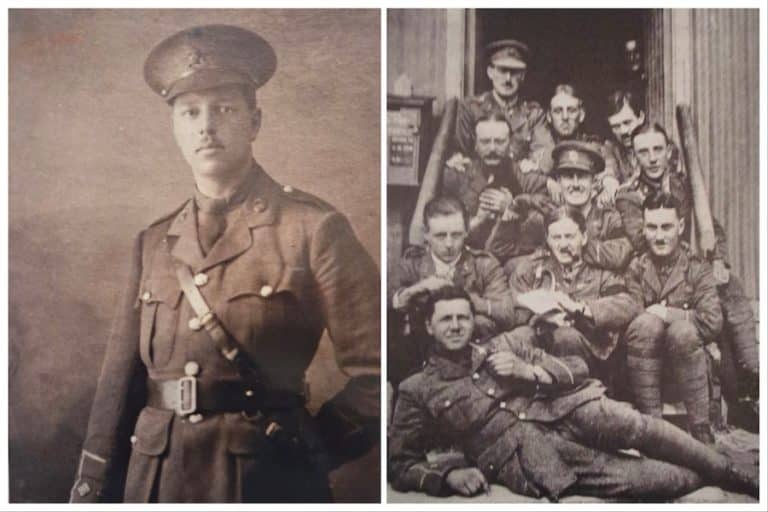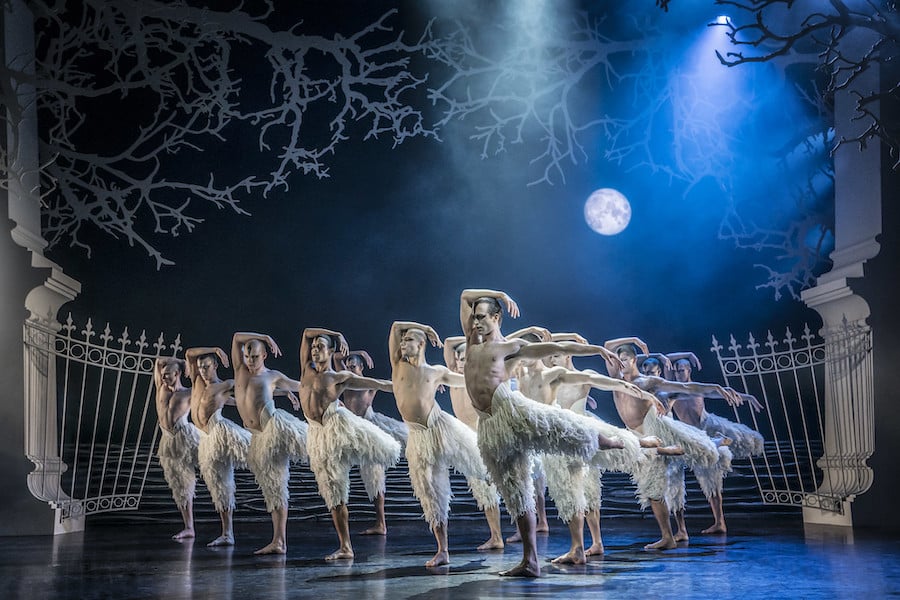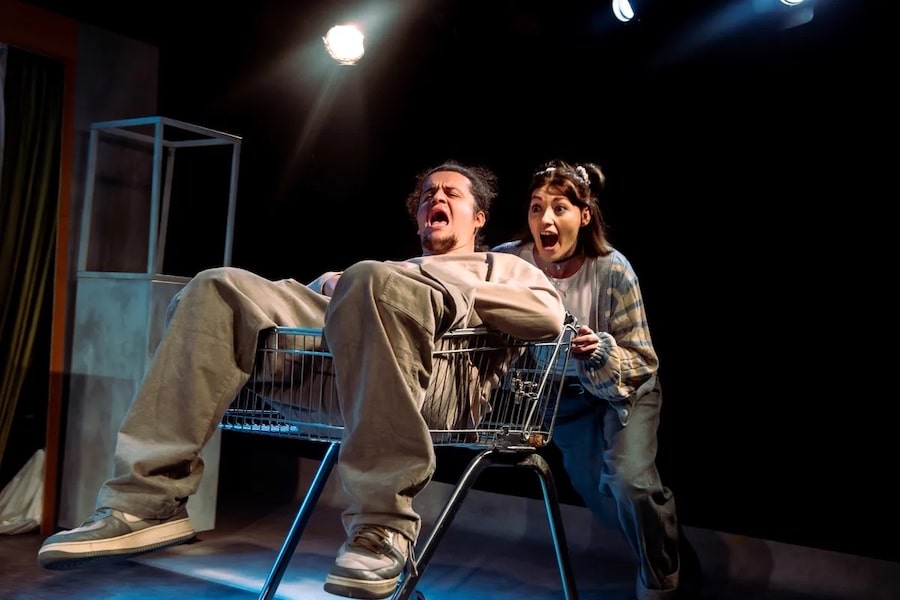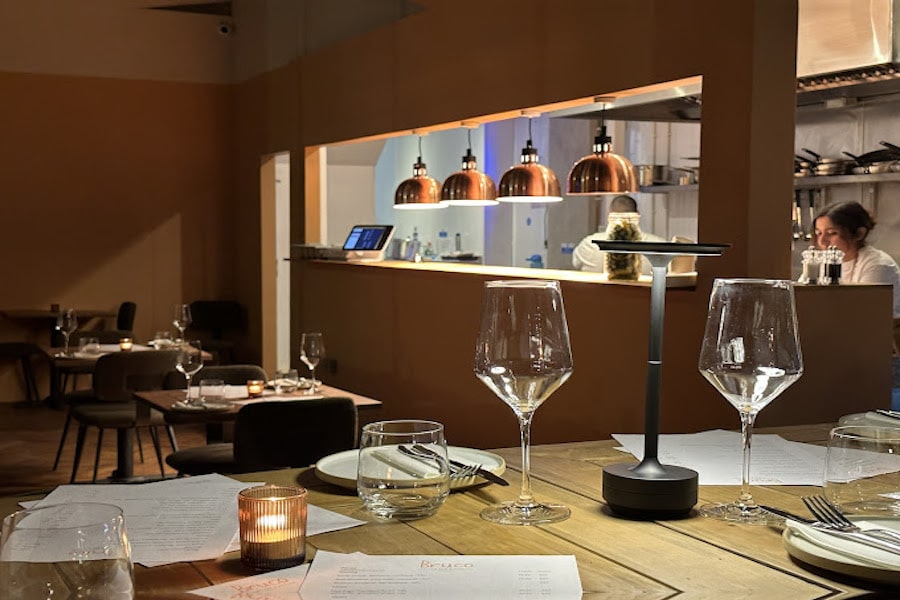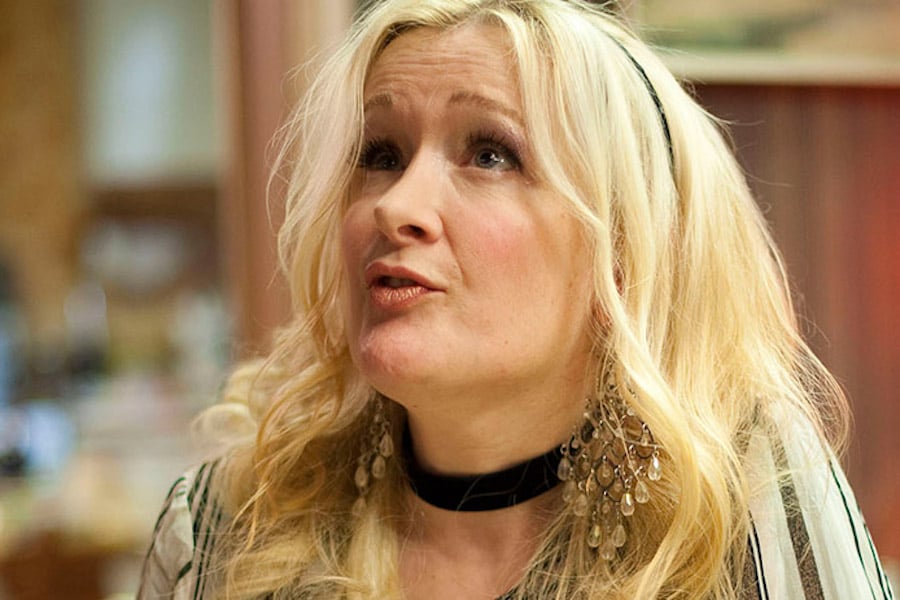Review: The Merchant of Venice at Home is ‘as relevant today as it ever was and immensely powerful’
- Written by Craig McDonald
- Last updated 12 months ago
- City of Manchester, Featured, Theatre

Following on from the success of a sell-out tour in March 2023, The Royal Shakespeare Company returns to Manchester and HOME this November for another run of their slick and highly accessible adaptation
of William Shakespeare’s problematic play.
This version, directed by Brigid Larmour, is more the Merchant of Hackney than of Venice and is told against the backdrop of 1930s Britain, specifically London’s East End, where the rise of Oswald Moseley’s fascist party and their infamous ‘Blackshirts’ has sparked a rise in antisemitism in society.
Tracy-Ann Oberman’s Powerhouse Performance
Amid this societal turmoil: Shylock, played with ferocious passion by Tracy-Ann Oberman (Eastenders, Doctor Who) is a Jewish moneylender and hardworking single mother trying to survive and secure a future for herself and her daughter, Jessica (Grainne Dromgoole).
After affairs of the heart compel Bassanio (Gavin Fowler) to seek financial aid from his friend, Antonio (Raymond Coulthard)- a known fascist and influential figure in the Blackshirts – the pair approach Shylock for credit on the promise of his (Antonio’s) good name.
Shylock holds no love for Antonio, however, who has held nothing but contempt for her and her people and only agrees to the loan if, on failure to repay the sum, she can extract a ‘pound of flesh’ as recompense.
Tragedy, of course, soon strikes Antonio’s fortunes as all the vessels carrying his wealth from the corners of the empire are sunk and lost at sea, forcing him to default on his loan.
The case is brought before the courts of the land, where Bassanio’s would-be wife and socialite, Portia (Hannah Morrish) dons the disguise of a lawyer to argue for her husband.
Shakespeare’s Problematic Play
The full weight of the institutional bias and antisemitism that rallies against Shylock results in a terrible injustice that not only strips her of her wealth but also forces her to convert to Christianity.
All of this takes place against a backdrop of Jewish communities coming under siege from the intolerant masses.
The Battle of Cable Street
The Battle of Cable Street from 1936 is depicted through Liz Cooke’s dynamic set design, which becomes more and more dilapidated throughout.
‘Kristallnacht’ – or the ‘Night of Crystal’ – the anti- Jewish pogrom by the Nazis in Germany is also evoked through the effective sound design of Sarah Weltman that echoes the sound of broken glass during the scenes that deal with the unrest.
Echoes of Kristallnacht
Adding further weight to these scenes is composer, Erran Baron Cohen (Sacha’s older brother), whose music effectively adapts to suit the changing tones of the play when required.
Throughout the show, the audience is made to feel a part of the events taking place on stage.
Immediately before the show starts, cast members hand out little glasses of apple juice (in place of wine) to audience members so they can participate in the Jewish toast given by Shylock and her assembled family.
Furthermore, the audience is encouraged to stand with the family and wider Jewish community, when events such as the Battle of Cable Street have the cast drawing battle lines on stage, holding their ground against the hatred and intolerance that was so pervasive in society at the time. To add even further to the sense of immersion – at least for some audience members – the performance goes as far as to offer on-stage seating along each side of the stage.
The takeaway message, and one that rings as true today as it ever did, is that in the face of intolerance and hatred, we are all one tribe.
And that through a greater understanding of each other’s cultures and
the resulting dismissal of fear of the unknown, we can strive for a more inclusive and fairer society that can shake off the shackles of an intolerant past.
With tickets ranging from £10 – £32: The Merchant of Venice runs at HOME until Saturday 2 nd December.
You can get your tickets to this incredible production by clicking here
Running time: 2 hours.
- This article was last updated 12 months ago.
- It was first published on 1 December 2023 and is subject to be updated from time to time. Please refresh or return to see the latest version.
Did we miss something? Let us know: [email protected]
Want to be the first to receive all the latest news stories, what’s on and events from the heart of Manchester? Sign up here.
Manchester is a successful city, but many people suffer. I Love Manchester helps raise awareness and funds to help improve the lives and prospects of people across Greater Manchester – and we can’t do it without your help. So please support us with what you can so we can continue to spread the love. Thank you in advance!
Got a story worth sharing?
What’s the story? We are all ears when it comes to positive news and inspiring stories. You can send story ideas to [email protected]
An email you’ll love. Subscribe to our newsletter to get the latest news stories delivered direct to your inbox.

English National Opera finds a new home in Manchester making opera accessible to all

What will replace Northern Quarter’s Church Street multi-story car park?

How a community response is preventing Mancunians from going hungry this winter
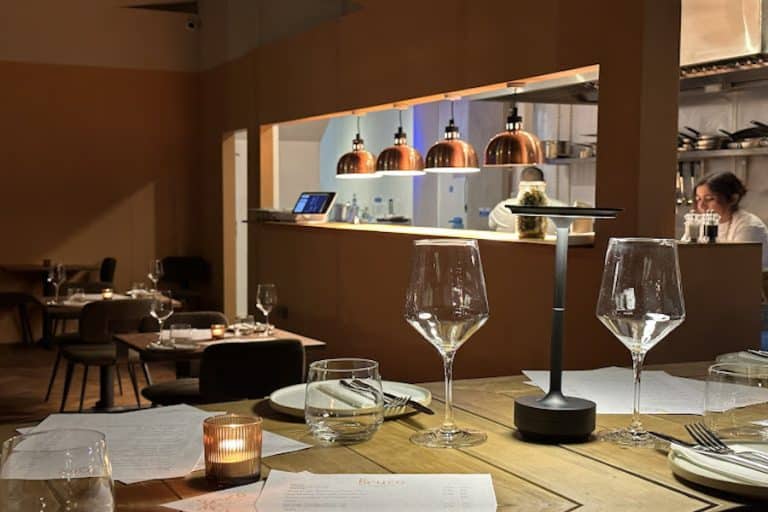
“Great food at excellent value” An authentic taste of Naples arrives in Ancoats

Comedian spearheads campaign for a statue of beloved comic Caroline Aherne
